Does Adultery Affect Divorce Proceedings?
Adultery is defined as sexual intercourse between a married individual and someone other than their spouse. In Arizona, the act is actually still considered a felony and may be punishable by up to five years in state prison. However, perhaps not surprisingly, the felony charges are rarely enforced. (If the sexual affair occurs during a period of spousal separation, then it is only considered a misdemeanor offense.)
When an affair happens, it’s natural for the loyal spouse to feel deep betrayal. The two may enter marriage counseling in an attempt to save what they once had together. And even if they do so, sometimes there’s no coming back from something like adulterous behavior.
Divorce can feel like the only option.
What Are Five Things You Need to Know About Adultery and Divorce in Arizona?
Before proceeding with a divorce, it’s crucial that you fully understand how adultery can affect divorce proceedings in the state. You may consider these the ‘five secrets’ that not everybody is aware of when filing for divorce.
Adultery Can Significantly Affect the Court’s Decisions in Child Custody Matters
An affair doesn’t only negatively affect the other spouse. Adultery can also damage relationships with other family members, especially children. Not only might a child recognize that the affair has deeply hurt one of their parents, but they may lose trust in the adulterous parent.
The courts will always base their decisions on what they feel is in the interest of giving children the happiest and healthiest upbringing possible. They may very well decide that an adulterous parent is not well-suited to being the primary caregiver for their child given the circumstances of the events and whether or not the child was exposed to inappropriate matters.
In addition to past indiscretions affecting child custody hearings, if another affair occurs during the divorce case, then the adulterous parent may be made responsible for paying the other divorce attorney’s legal fees if they have committed waste or acted unreasonably in the Judge’s opinion.
An Affair Can Have an Impact on the Division of Assets
Arizona divorce law follows the equitable distribution model. What this means is that, in a divorce, the court seeks to divide the marital assets and property in a way that they believe is fair. It’s not about a 50/50 split. Various factors may come into play when it comes time to divide assets, such as the financial stability of one parent, who is entrusted with being the primary caregiver for the child, and a history of supporting the other spouse with money for college.
Extra-marital affairs can similarly affect property division in an equitable distribution state. If one spouse was originally set to receive approximately 30% of the assets, they might see that number increase dramatically if the other spouse engaged in an affair and there was marital waste.
Adultery is Still Considered a Crime in Arizona
It may surprise you to learn that adultery is still a criminal offense. It’s no longer prosecuted as a crime, but it can still have dire legal ramifications for the one guilty of having an affair, including paying damages in a civil case.
An Extra-Marital Affair is an Easy Way, but NOT Required to File for Divorce in Arizona
Arizona recognizes one type of divorce: no-fault, i.e. irreconcilable differences. A no-fault divorce is exactly what it sounds like; it was nobody’s fault, but the marriage cannot continue because one or both parties are unhappy.
Even if there was adultery you do not have to allege that in a Petition for Dissolution to get a divorce as no “grounds” are required.
Contact the Phoenix Law Firm to Schedule a Consultation
If adultery was an inciting incident for your divorce decision, you should speak about that with experienced divorce lawyers. Adultery charges can be difficult from both a legal standpoint and on more personal or emotional grounds. You want compassionate legal professionals in your corner when pursuing a difficult divorce.
Contact the Phoenix Family Law Firm to discuss your case with our empathetic legal team. (480) 448-0608.









